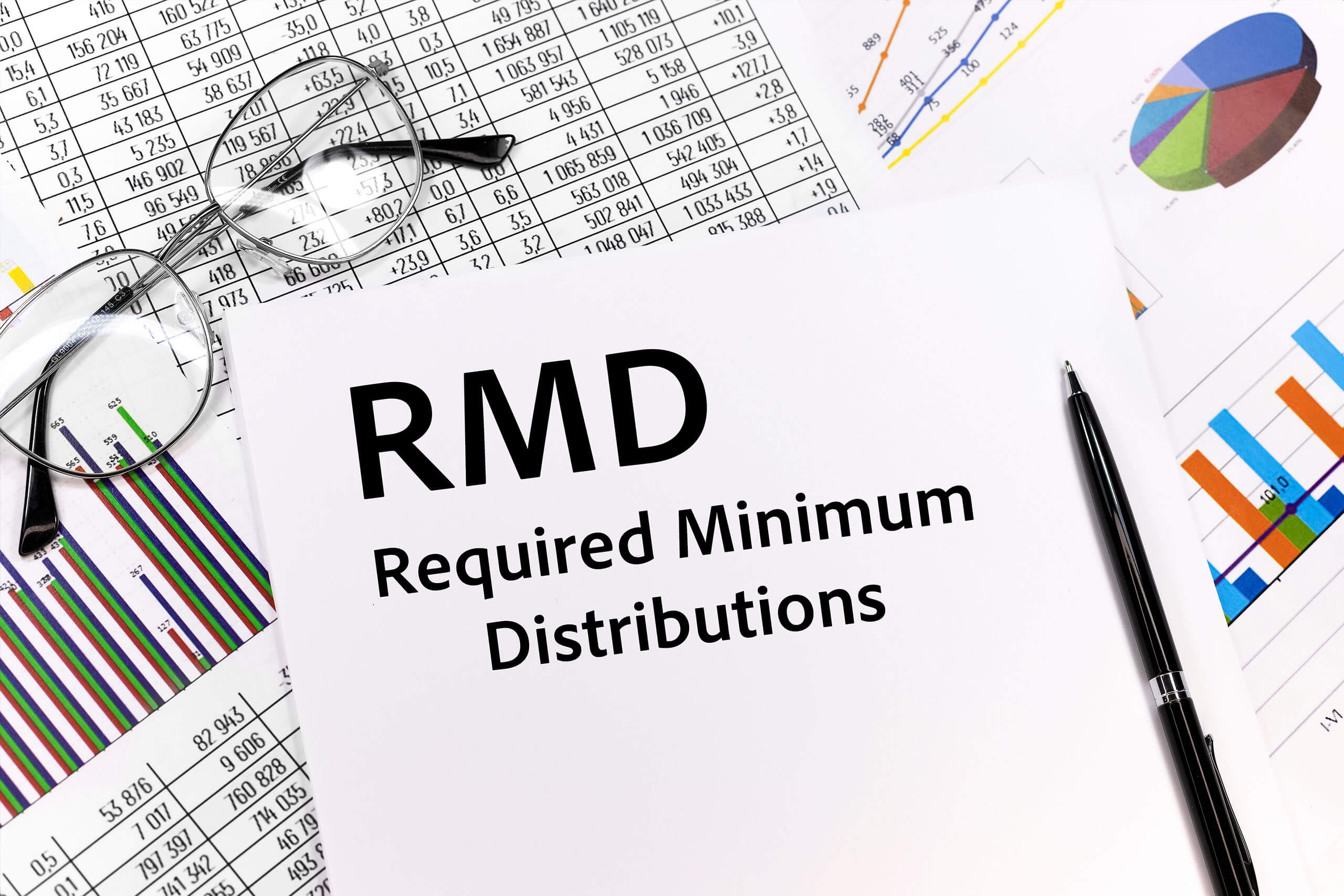RMDs & The Age Increase: What This Means For Your Portfolio
With the emergence of the new SECURE (Setting Every Community Up For Retirement Enhancement) Act 2.0, there are upwards of 100 different changes made that will affect the onset and process of your retirement. The one in the hot seat today is the RMD (Required Minimum Distribution) age change.
Retirement is a time when many people rely on their portfolio to support their lifestyle. For those who have saved for their golden years, they must be aware of the rules and regulations governing their accounts, especially with regard to Required Minimum Distributions (RMDs).
RMDs are the minimum amount that must be withdrawn from certain types of retirement accounts, including traditional IRA and 401(k)s, each year once the account owner reaches age 72. In 2022, the age at which individuals must start taking RMDs increased from 72 to 73.
This change offers some benefits for retirees. For one, it allows more time for tax-deferred growth within the account. Delaying distributions also means that the RMD amount will be slightly smaller once distributions begin.
In addition, this also provides more flexibility for those who don’t necessarily need to withdraw the money immediately or can continue working past age 72 and don’t need extra income.
However, it’s important to remember that RMDs are subject to taxation and failing to withdraw the required amount can result in significant penalties. It’s also crucial to consider how RMDs fit into your overall retirement plan and investment strategy. As RMDs can impact your taxable income, it is essential to work with a financial advisor to ensure that your RMDs are taken into account when managing your portfolio. Overall, the age increase for RMDs can be beneficial for those nearing retirement age. However, it is essential to stay informed about the rules and regulations governing your retirement accounts to ensure that you’re taking advantage of all available options and maximizing your portfolio’s potential. If you have any further questions, reach out to your financial advisor or head over to Heller Wealth Management for more information.

